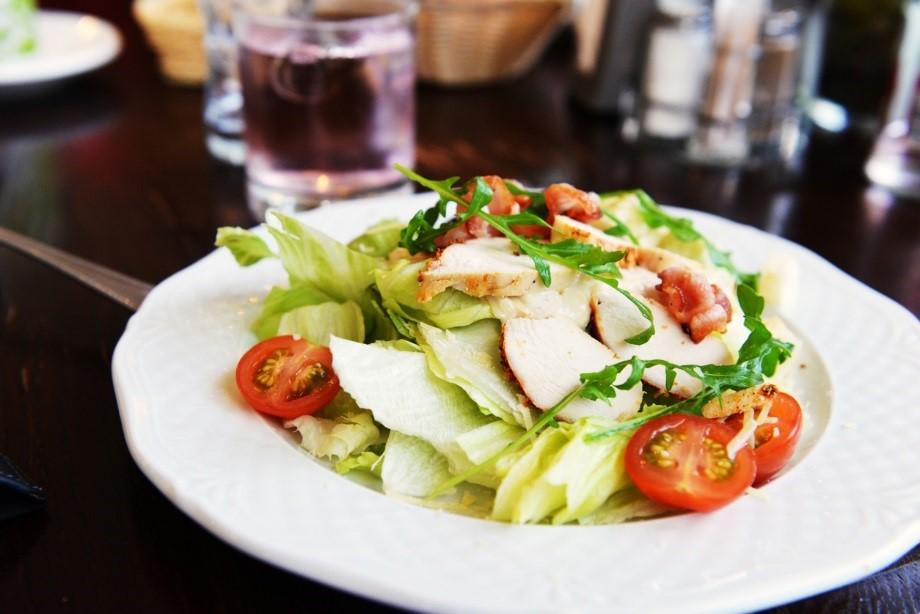If you have a healthy diet, the last thing you would suspect is that your diet could be making you sick!
But sadly, that may very well be the case.
Especially if you eat a lot of foods that are high in lectins.
Here’s the scoop on lectins, and why they are problematic for some people—maybe even you?
Lectins—sticky proteins with a mean streak
Lectins are sticky plant proteins that bind to sugar molecules on the surface of cells. About 30 percent of plants contain lectins, and they are Nature’s way for the plant to protect itself against predatory insects.
Unfortunately, pesky bugs aren’t the only ones who may be affected by lectins—because we humans can be too.
Now, lectins in small amounts are usually fine for most people, but the problems can start to arise if you’re getting too many of them and/or if you are highly sensitive to them.
Here are some examples of…
The wrath of lectins
One of the most serious issues with lectins is that they trigger inflammation in your body. Inflammation is a major contributing factor behind most chronic diseases including cancer, heart disease, and arthritis.
Lectins can also stimulate overzealous immune responses (such as those seen in autoimmune diseases); they can make your blood thick and sticky (getting you in clotting trouble); they can disrupt endocrine function and even increase your risk of obesity.
Lectins can bind to certain areas in your intestinal wall and interfere with nutrient absorption, leaving you open to deficiencies. This can eventually upset your gut microbiome and lead to intestinal permeability (leaky gut).
Once your gut wall is leaky, this paves the way for toxins, bacteria, viruses, heavy metals, old worn out hormones and cholesterol, and poorly digested food molecules to enter your bloodstream--stirring up inflammation, triggering food sensitivities, causing gas and bloating and making you very sick.
Certain other lectins (especially those found in wheat) are attracted to glucosamine, the polysaccharide that covers your joints—leading to joint problems and pain.
Where oh where are the lectins hiding?
Lectins are found in high concentration in the following foods:
- Wheat
- Nightshade vegetables—potatoes, tomatoes, eggplant, bell peppers
- Beans and legumes—kidney beans, lima beans, black beans, soybeans, lentils, peanuts
- Nuts and seeds—cashews, almonds, sunflower seeds, pumpkin seeds
Many of these foods are common allergens as well, and I don’t think that’s a coincidence. All allergies are an inflammatory immune response and lectins do their part to stir the pot.
People who are likely to have a problem with lectins
Not everyone has an issue with lectins—many people can eat wheat, beans, nightshades, and nuts, enjoying the nutritional benefits of those foods, and not be affected in a negative way.
Others, however, suffer the consequences.
People who should minimize or avoid lectin-containing foods include those who have:
- Autoimmune diseases (including MS, lupus, rheumatoid arthritis, psoriasis, Crohn’s disease and Hashimoto’s thyroiditis)
- Heart disease
- Arthritis and joint pains
- Diabetes
- Obesity
- Food allergies or sensitivities
How will I know?
If you’ve had symptoms of unexplained gas and bloating, skin eruptions, joint pains, autoimmune issues or haven’t been able to lose weight despite eating a healthy diet and exercising, you may have a degree of lectin sensitivity.
It’s easy enough to tell. If you suspect lectins may be doing dirty work in your body, then remove the food sources of lectins I listed above from your diet for 3 weeks and see how you feel.
If you feel significantly better, well, there’s a sign for you.
Note that you can help reduce a number of lectins in various foods by peeling nightshades and discarding the peels and seeds, and soaking beans and legumes in water for 12 hours prior to cooking,
Heal your gut too
If you believe lectins have caused you problems, or just want to make sure to counteract any issues that may be brewing, then it’s imperative to support strong gut health and curb inflammation.
Here are measures that can help:
- Eat probiotic foods like sauerkraut, kefir, kimchi, apple cider vinegar, yogurt, miso and brine-cured olives.
- Supplement with a full-spectrum probiotic formula like Super Shield. The following superstar probiotic strains have been shown to be especially beneficial for gut health, and all of them are in Super Shield:
- Bifidobacterium bifidum
- Bifidobacterium longum
- Bifidobacterium breve
- Bifidobacterium infantis
- Lactobacillus casei
- Lactobacillus acidophilus
- Lactobacillus bulgaricus
- Lactobacillus rhamnosus
- Bacillus coagulans
- Make your meals easier for your system to break down. Avoid combining proteins (like meat) and starches (like bread or potatoes) in your meals. This combination is extremely taxing on your stomach and can set the stage for poor digestion. Instead, pair proteins OR starches with vegetables and a tossed salad. You will be shocked at the difference in how you feel after eating!
- Take advantage of Nature’s anti-inflammatory—Omega-3 essential fatty acids. VitalMega-3 fish oil formula is your ticket for getting a health-supporting dose of Omega-3 fats, including the all-important EPA and DHA in the 3:2 ratio recommended by health professionals.
To your health,
Sherry Brescia










